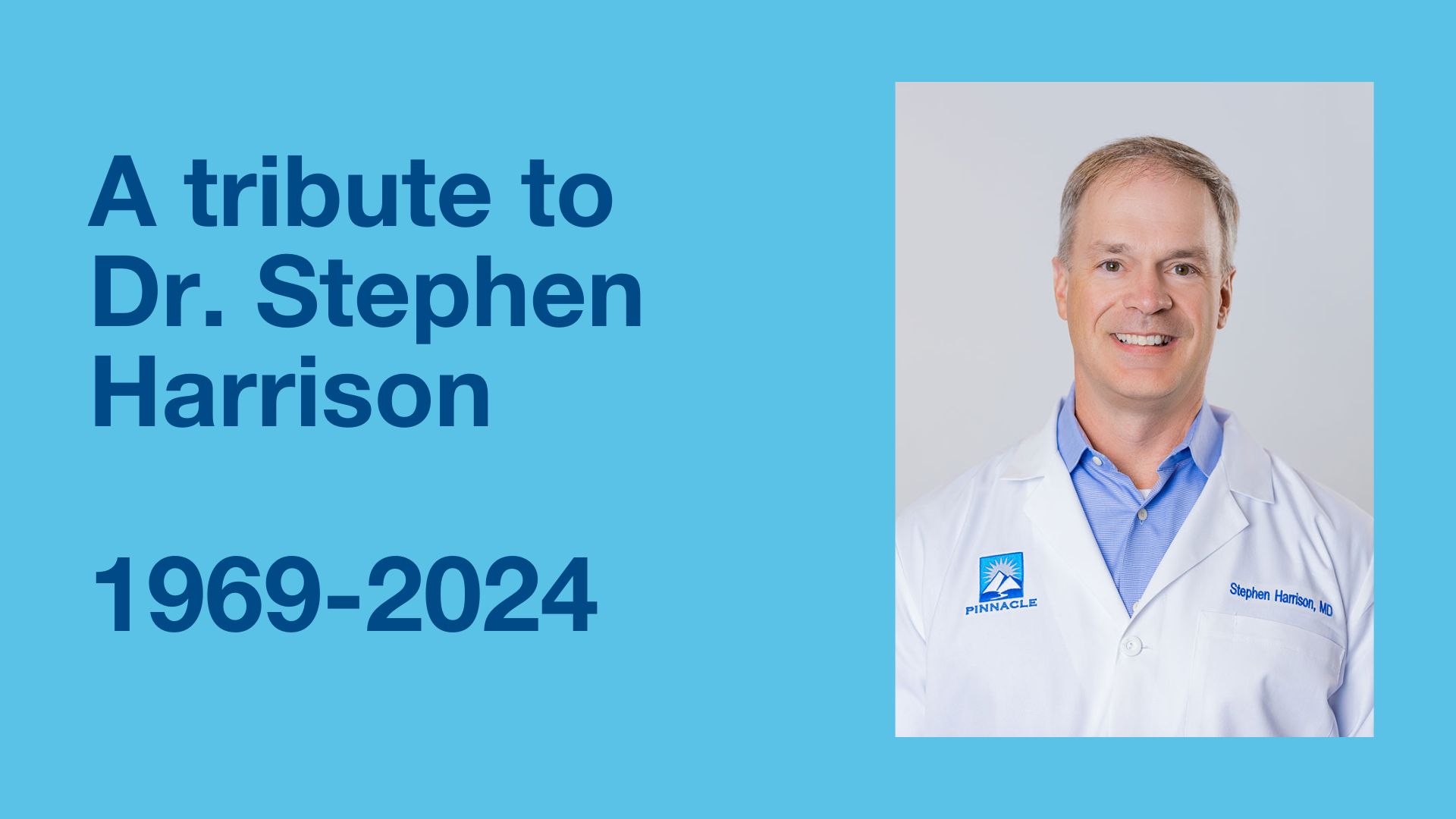Tribute to Dr. Stephen Harrison (1969-2024)

The liver community mourns the loss of Dr. Stephen Harrison, a visionary in MASLD clinics and clinical research, whose contributions have shaped the current state of the field.
Dr. Stephen Harrison was an early clinical researcher who dedicated his career to studying what was initially known as Non-Alcoholic Fatty Liver Disease, later renamed Metabolic Dysfunction Associated Steatotic Liver Disease.
A distinguished military veteran, Dr. Harrison served as a Colonel in the United States Army, contributing over 20 years of dedicated service to his country. His leadership roles within the military included Director of Graduate Medical Education at Brooke Army Medical Center and Gastroenterology Consultant to the Army Surgeon General.
Throughout his tenure at the Brooke Army Medical Center, he established a strong research focus on developing pharmacological therapies for Non-Alcoholic Steatohepatitis/Metabolic Dysfunction Associated Steatohepatitis. Notably, he served as the second author on a landmark trial of pioglitazone in NASH (NEJM 2006), one of the field’s earliest clinical trials.
Dr. Harrison became a key opinion leader in NASH/MASH drug development, leading international clinical trials and contributing significantly to defining endpoints and refining trial designs through interactions with regulatory authorities. Later, he established a model for organising clinical trial centers and conducted numerous trials, furthering knowledge on pharmacological treatments for NASH/MASH over two decades. He also focused on improving daily patient management and care pathways for NAFLD/MASLD.
During his time as a visiting professor at Oxford University, UK, Dr. Harrison conducted research on the role of imaging in MASLD and made significant contributions to the science of non-invasive tests.
Over his lifetime, he has authored over 350 peer-reviewed publications in prestigious journals such as the New England Journal of Medicine, Nature Medicine, Lancet, Gastroenterology, Journal of Hepatology, and Hepatology, with an H-Index of 104 and nearly 50,000 citations.
In addition to his research contributions, Dr. Harrison was dedicated to knowledge transfer, delivering presentations worldwide and organising meetings to facilitate scientific discussion and knowledge dissemination.
EASL loses a friend and a giant in the field of MASLD, whose legacy will continue to inspire future generations in hepatology. We extend our deepest condolences to Dr. Harrison’s family and colleagues during this difficult time.

